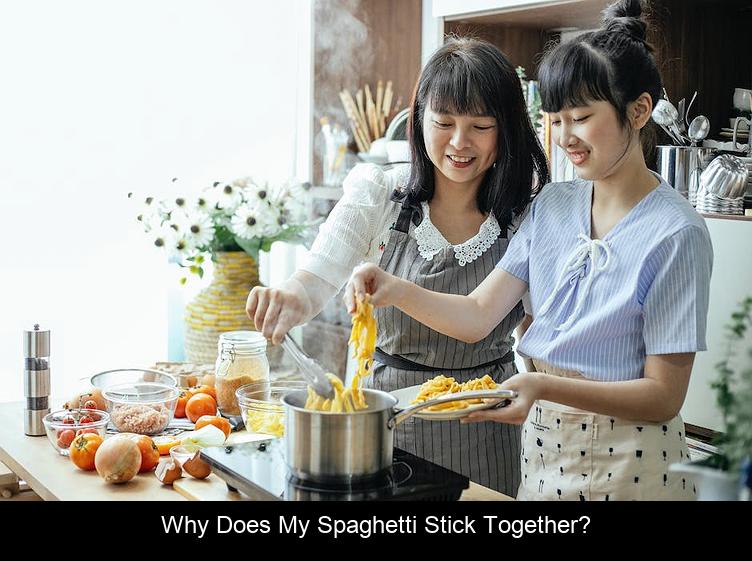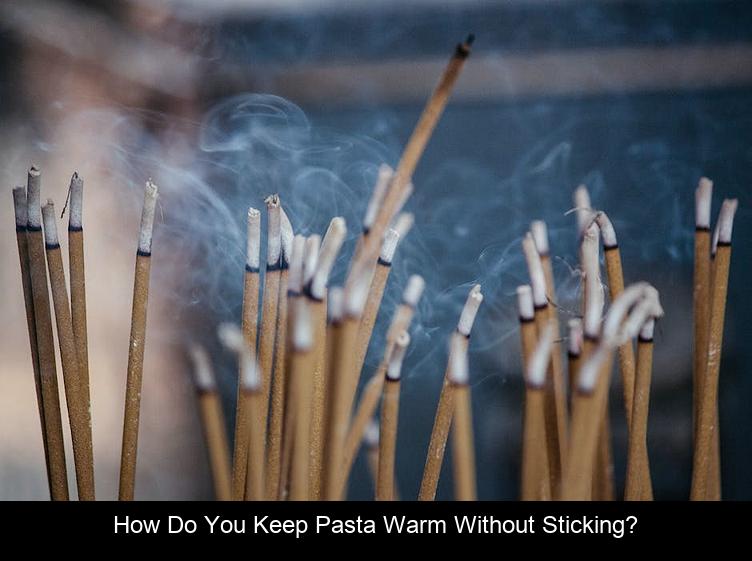It’s easy to avoid pasta from sticking together after cooking by using a kitchen timer. You can even use it to your advantage when you’re cooking your next meal. Here are a few tips to get the best results: 1.No breaking the pasta apart. If you can’t get the pasta to stick together when you cook, add a little salt or pepper to your kitchen scale before you start cooking. 2.No cooking with high heat. If the pasta isn’t sticking together, cook the pasta at a lower heat and with a Ancient Greece-style “tabularus.” Use a dry or wet chopstick. If the pasta doesn’t stick together when you chop it up, use a chopstick with a little oil or vinegar. Use a toothbrush or sharp knife to cut the pasta into small pieces. Use aDW ( Dice)ver or a sharp knife to cut the pasta into small pieces. If the pasta is still sticking together after cooking, add a little oil or vinegar to the recipe.
If you’re looking to reduce the chances of pasta sticking together after cooking, use a kitchen timer, use a dry or wet chopstick, and use a toothbrush or sharp knife to cut the pasta into small pieces.
How do you keep cooked pasta from sticking?
How to prevent pasta noodles from sticking together
1. Make sure your water is boiling before you add your noodles.
2. Stir your pasta.
3. Do not add oil to your pasta if you plan on eating it with sauce.
4. Rinse your cooked pasta with water.
5. Only eat it if you want to avoid it getting stuck on the bottom of your bowl.
Should you rinse pasta after cooking?
Do not rinse your pasta, though the starch in the water is what helps the sauce adhere to your pasta.Rinsing pasta will cool it and prevent absorption of your sauce. The only time you should ever rinse your pasta is when you are going to use it in a cold dish like a pasta salad.
How do you keep pasta from sticking together overnight?
2.Rinse pasta with plenty of cold water, tossing it around so it doesn’t stick together; then shake off as much water as possible and put it in a closed container in the fridge. Some people like to put a little oil in their pasta-cooking water, claiming it makes the pasta stick together less.
How do restaurants keep pasta from sticking?
The frequent stirring prevents clumping and helps all the noodles cook at the same pace. Two more great tools for your pasta-cooking arsenal are a rubber spatula and large metal spoon. Both are used again and again in the restaurant to help incorporate sauce and noodles in the pan as they\u0092re simmered together.
How do you unstick pasta?
If your noodles are clumpy, your best bet is to dump them into a colander and run cold water over top. They will loosen up and then you can rewarm them gently in the sauce. Your other choice is to toss or saut over top. Noodle will slide apart from one another.
Why does my spaghetti stick together?
Make sure you are using enough water. The reason pasta sticking occurs is because it leaches starches into the water as it cooks. If you have enough water, the concentration will be low enough that your pasta is at a low risk of sticking. The ratio is usually 4 quarts water to 1 pound dried pasta.

Does oil prevent pasta from sticking?
Olive oil is said to prevent the pot from boiling over and prevent the pasta from sticking together. Since oil is less dense than water and is composed of hydrophobic molecules, it creates a layer across the top of the water.
Should you pour cold water on pasta?
Because starch needs to be heated to gel properly, soaking pasta in cold water will allow you to hydrate it without worrying about it sticking together. Once it\u0092s fully hydrated, you\u0092ve just got to finish it off in your sauce and you\u0092re ready to serve.
Does salt help pasta not stick together?
If you want your pasta to rise when you cook it, add plenty of salt to the water. This won’t prevent the pasta from sticking, but it will give the pasta some flavor. As you add the pasta to the boiling water, give the water a stir to get the pasta moving and floating around, rather than sticking together.
How do you keep pasta warm without sticking?
The Double Boiler Method Fill a large pan or pot halfway with water and bring it to a simmer. Set a second pot or pan atop the first and add the pasta. Toss the pasta in olive oil or sauce so the noodles don\u0092t stick, then cover the top pot or pan so the pasta loses any moisture.

How far ahead can I cook pasta?
According to senior food editor Rick Martinez, you can cook your penne or gemelli or bucatini up to 48 hours before you want to serve them, but really, any time that day is fine.
Why is my pasta dry and sticky?
The pasta should not be cooking in a small pot, as this means the pasta will be in non-boiling water for a long amount of time. The pasta will also end up being sticky because of the pasta starch to water ratio being too high.
How do you keep spaghetti from sticking to you Reddit?
After cooking the 500g for 8m to al dente, I immediately strain it in a colander, put one portion in my bowl, and rinse the rest in running cold water. I use my hands to toss the spaghetti around in the colander under running water to get rid of all the starch.
Why do you put salt in pasta water?
The salty water allows the pasta to absorb some of the salt as it cooks, enhancing its flavor from the inside out. It will taste better than pasta that was only seasoned at the end of cooking because the salt is dispersed throughout the dish, not just sitting on the surface.
Does adding oil to pasta water help?
Adding oil to the water does not stop pasta sticking together. It will only make the pasta slippery which means your delicious sauce will not stick. Instead, add salt to the pasta water when it comes to the boil and before you add the pasta.

Hello there! My name is Tristram Ortega and I am a professional chef with a passion for cooking. I work at a top-rated restaurant where I create delicious dishes every day, and I’m excited to share my tips and techniques with you. Through this blog, I share my favorite recipes, cooking hacks, and insights into the world of professional cooking. So let’s get cooking together!